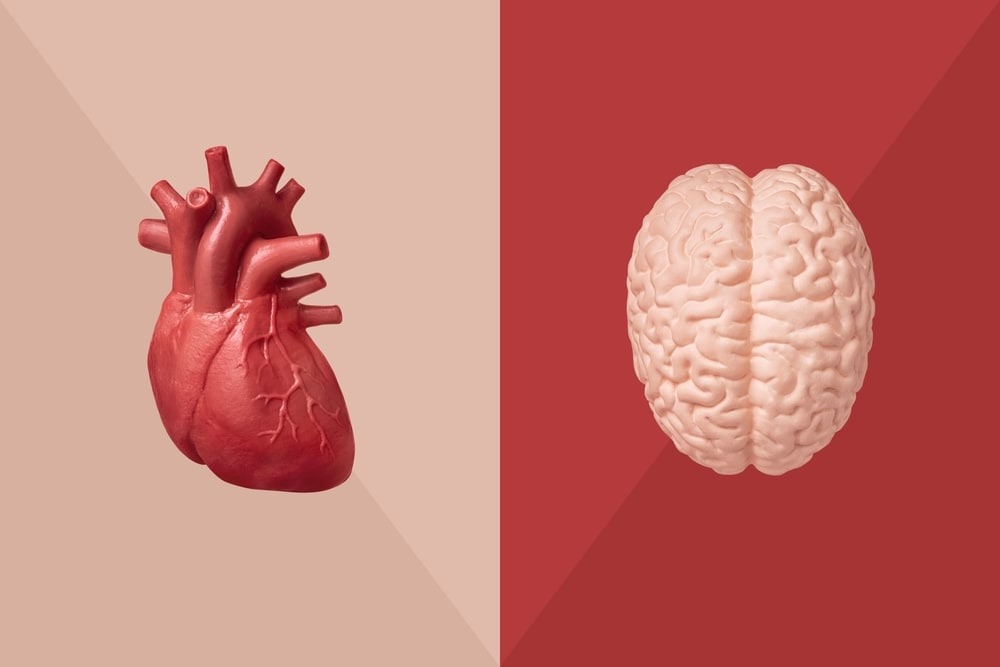
Heart Has Its Own Brain: The heart is one of the most important organs of our body, whose job is to pump blood and deliver it to different parts of the body. However, have you ever wondered how it is able to do this? So let us tell you a very shocking thing related to this today.
The heart is a very complex body organ, but the surprising thing is that the heart also has a brain of its own. Yes, the heart has its own separate brain (Heart Brain Works), which helps it to work and also controls its work (Heart Brain Connection). Let us know more about this (How The Heart Works) in detail.
The heart has its own 'mini brain'
It is generally believed that the brain sends signals, due to which the heart works. If the brain stops sending signals for some reason, then the heart will also stop working, but let us tell you that this is not so. There are about 4 thousand neurons in the heart, which form a complex network. This network is called the neurosystem or 'mini brain' of the heart.
This neurosystem is so powerful that it gives the heart the ability to function independently. These neurons work independently of the brain. This means that the heart can function without depending on the brain.
The brain does not focus on the heartbeat
A study has also been published in Nature Communications about this. This study was done at Karolinska Institutet and Columbia University, in which tests were conducted on zebrafish, whose heart is very similar to the human heart, and it was found that these neurons found in the heart work like the brain of the heart. Some of these neurons also have the properties of pacemakers, which play an important role in controlling the heartbeat . Also, it works independently to control the function of the heart.
Controls many cardiac functions
This makes us understand that the heart is not only under the control of the brain, but the neurons present in it control many functions of the heart. Due to having pacemaker properties, these neurons can control the cardiac rhythm. This study can play an important role in understanding heart arrhythmia and other cardiac diseases .
--Advertisement--

 Share
Share



